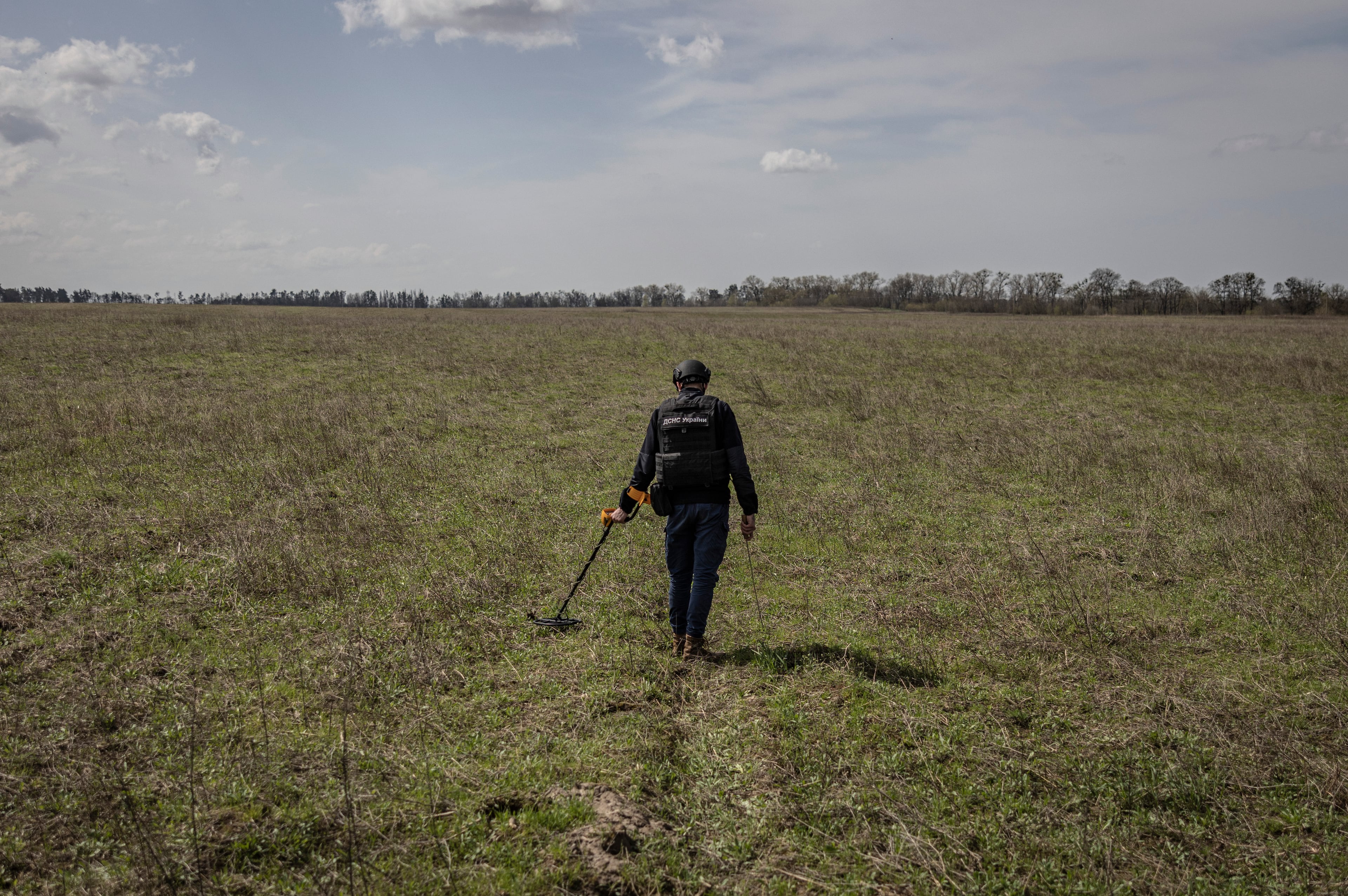Initiatives make recovery possible
The AJC’s recent articles on mental illness and our jails have been fair and accurate. To be effective in solving the problem, we need to intervene long before an individual is arrested. Those already in jail must be helped in comprehensive ways that break the cycle of relapse.
Up until the latter 20th century, society had little to offer those suffering mental illness beyond custodial care. Large institutions were constructed to provide such care in safe and efficient settings. They put people with severe mental illness out of sight and out of public mind and, sometimes, in danger.
Medical advances over the last 50 years have led to effective medications and to an understanding of the active role of the individual in treatment. Recovery, long thought rare to impossible, is a growing expectation even for those with severe mental illness. But it is not as simple as “staying on your medication.” Exaggerated expectations of new psychiatric medications in the 1950s and ’60s led to exaggerated disappointments as deinstitutionalization emptied hospitals, but filled the streets with the homeless mentally ill.
One year ago, the state of Georgia entered into a civil agreement with the U.S. Department of Justice. The DOJ largely endorsed the state’s plan to move away from institutionally based services to recovery-based active treatment in community settings. The settlement outlines a minimum number and array of services; it is an essential framework that preserves the state’s flexibility and autonomy to go beyond it.
While not addressed directly, the needs of those with mental illness in county jails were addressed in spirit by defining a responsive mental health system.
In the first year of this settlement, the Department of Behavioral Health and Developmental Disabilities (DBHDD) has supplemented existing services across North Georgia with new crisis stabilization units, assertive community treatment teams, intensive case managers, mobile crisis services, community service teams, peer wellness centers, supported housing and employment programs and a transportation initiative.
In the Fulton County jail featured in the AJC articles, DBHDD has initiated a collaboration involving the judiciary, the sheriff’s office, Emory University’s psychiatry department and others to provide direct treatment in the jail, treatment coordination upon release and development of jail diversion.
Gov. Nathan Deal has initiated criminal justice reform and personally supports mental health and drug courts.
Clearly we have only just begun. There is much more yet to do. Mental illness is challenging, but recovery is possible.
Dr. Frank E. Shelp is commissioner of the Georgia Department of Behavioral Health and Developmental Disabilities.


